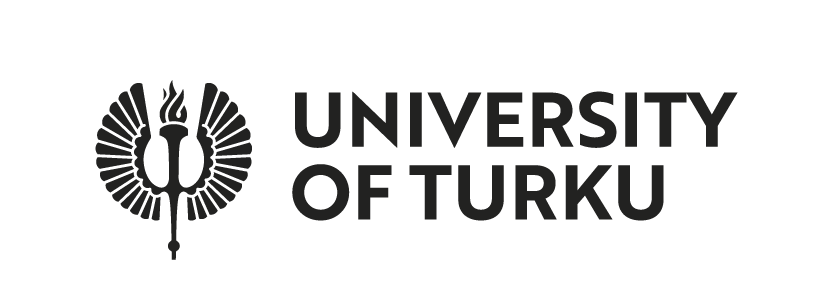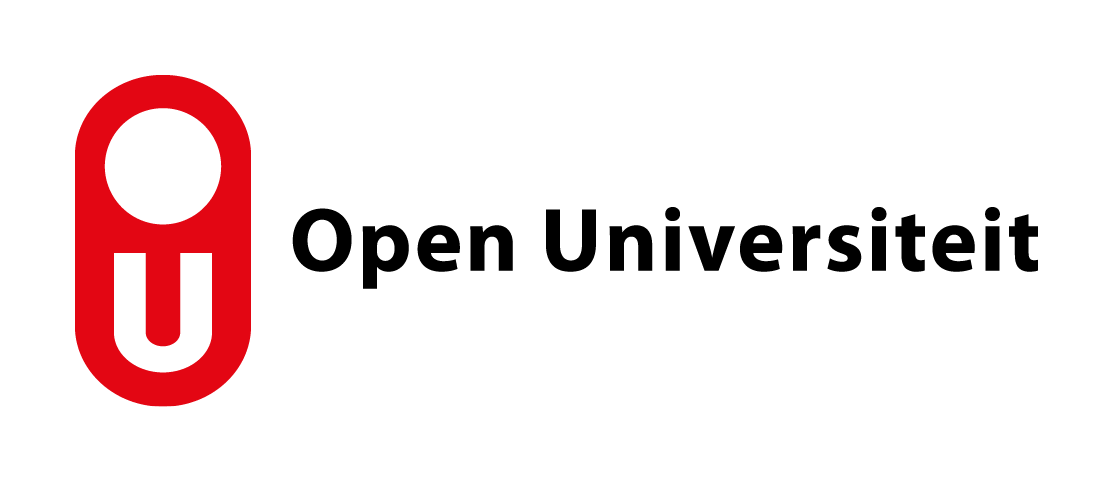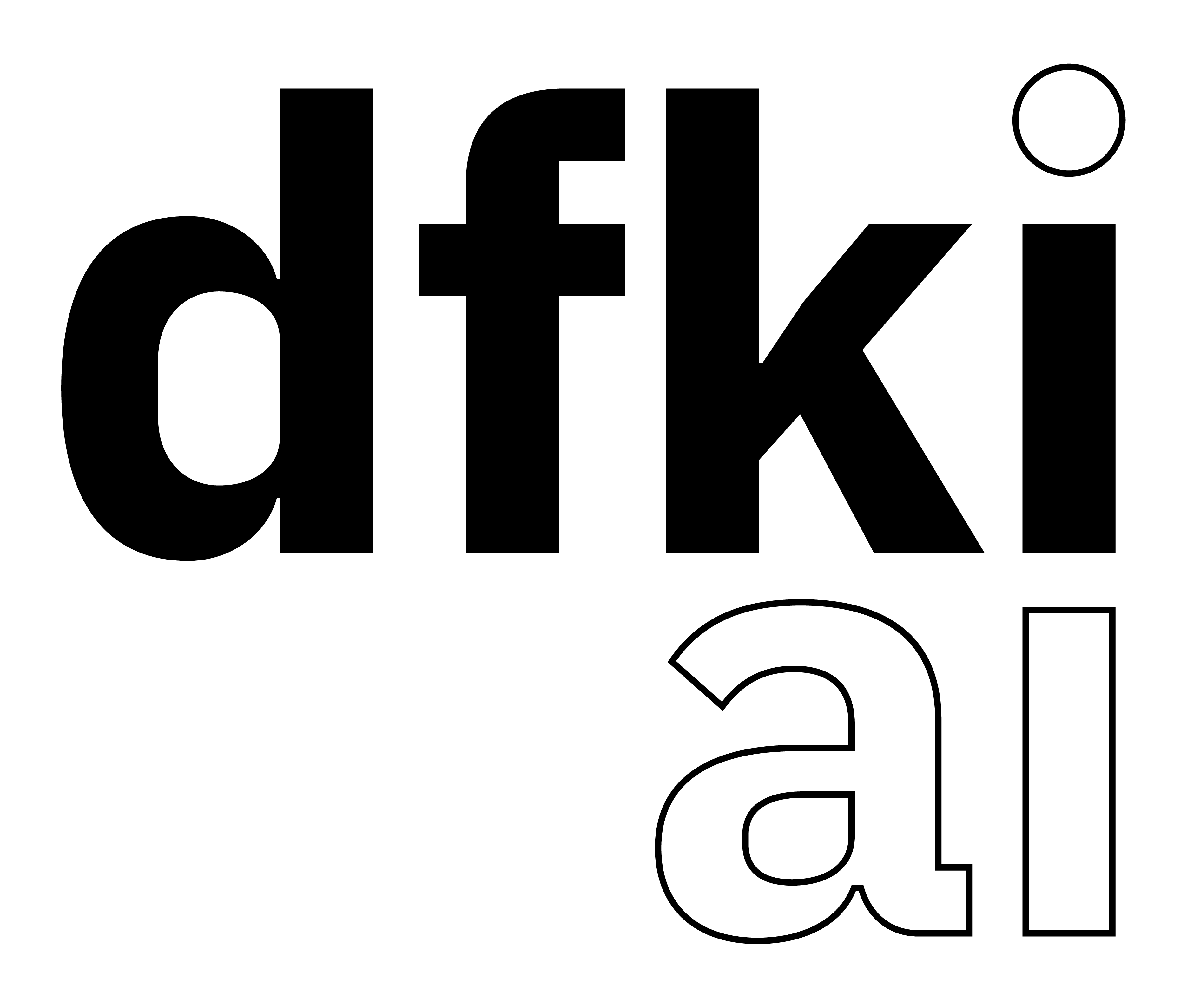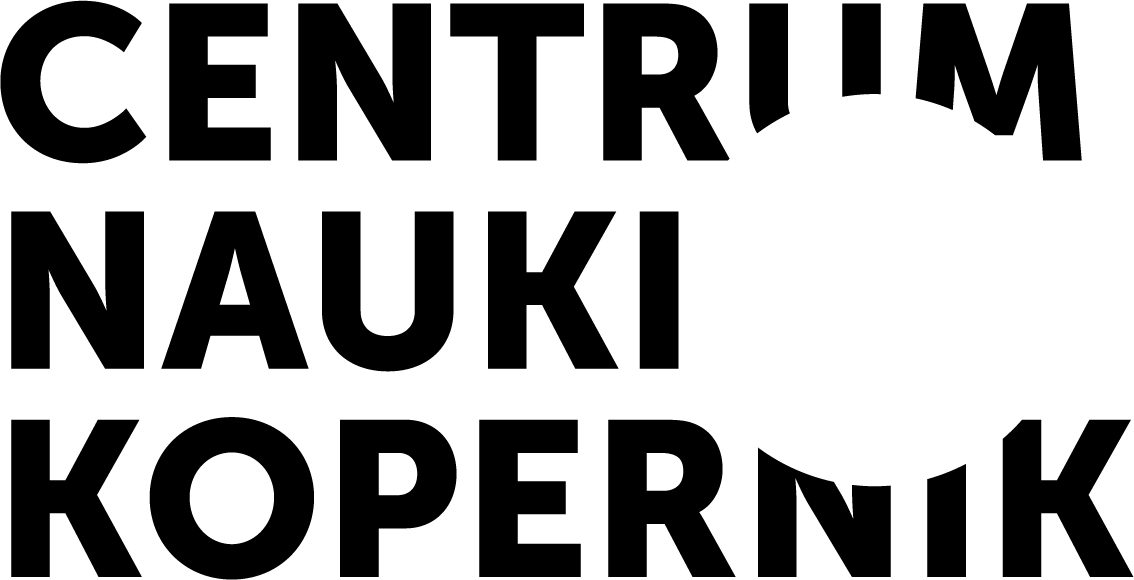
The University of Turku (UTU) is an inspiring and international academic community of 25,000 students and staff in Southwest Finland. Established in 1920 as the first Finnish language university in the world, UTU now hosts 8 faculties and 4 independent units. The university ranks among the top 150 in the world in Education and among the top 250 in the world in Psychology (QS Rankings 2025).
The Department of Psychology and Speech-Language Pathology within the Faculty of Social Sciences contains two disciplines that have common areas of research (cognitive neuroscience) and teaching (cognitions, especially language and speech). The strengths in teaching lie in methodological expertise and multiprofessional clinic teaching.
The Turku Eye-tracking Laboratories (Turku EyeLabs) is a multidisciplinary community of researchers that organizes methodological training, equipment rental and shares expertise on designing experiments, use of different equipment, and applications of various types of analytical tools. The laboratories host different eye tracking systems (e.g., Tobii, Eyelink) suitable for both laboratory and field research.
UTU is responsible for coordinating the EYE-TEACH project as well as conducting eye-tracking research within WP2.
Project leader Johanna Kaakinen ([email protected])
Project coordinator Daria Pritup ([email protected])

The ERI Lectura at the University of Valencia (UV) is a research center dedicated to studying reading processes and promoting literacy. Bringing together internationally renowned researchers from multiple departments of the UV, as well from other Spanish universities, the center combines experimental and applied research to explore reading across different
populations and contexts. With expertise in eye-tracking studies, field research in schools, meta-analysis, and longitudinal designs, ERI Lectura investigates topics such as reading comprehension, reading and special education (dyslexia, autism, deafness, intellectual disabilities), digital literacy, and educational assessment. The center has also developed technological tools to assess and enhance reading skills, integrating cognitive science, neuropsychology, and educational technology. By bridging lab research with real-world applications, ERI Lectura contributes to improving reading education and accessibility for diverse learners.
As a partner in EYE-TEACH, the ERI-Lectura at UV contributes expertise in eye-movement research to investigate and evaluate reading comprehension. Our key tasks include:
- Identifying eye-movement metrics and databases suitable to assess and identify differences in learner processes
- Testing the efficacy of such metrics and related tool in laboratory and schools
- Developing guidelines for teachers to make use of and interpret eye-movement metrics in their daily teaching
Ladislao Salmerón ([email protected])

University of Antwerp is a young, dynamic and forward-thinking university with a strong mission and vision. It occupies a special place within the university landscape in Flanders, and it integrates the assets of its historical roots with its ambition to contribute positively to society.
The research group Edubron was founded in 2000 and is part of the Department of Training and Education Sciences within the Faculty of Social Sciences of the University of Antwerp. Our aim at Edubron is to provide training and education research with impact, both at the national and the international level. Our driving principle is to generate high-quality, innovative research, with both academic and societal relevance. In this way the Edubron team aspires to become a point of reference for fellow academics, policy-makers and practitioners.
Antwerp Social Lab is a core facility of the University of Antwerp, integrating expertise and research infrastructure within a unified framework. The lab specializes in psychophysiological and behavioral methodologies to investigate human interactions in both interpersonal and technology-mediated contexts. As a core facility of the University of Antwerp, the Antwerp Social Lab provides the following services: access to state-of-the-art research tools and infrastructure; knowledge exchange through lab meetings, workshops, and colloquia; and development and support of research projects.
University of Antwerp is the lead beneficiary of WP1, focusing on equipping educators across different educational levels with the tools and insights needed to effectively collaborate with AI assisted ET-analytics in assessing and supporting students’ reading comprehension. This WP
investigates teachers’ needs, acceptance, and readiness to engage with AI-assisted ET analytics tools, particularly in relation to three predefined levels of automation. University of Antwerp takes primary leadership in three key tasks:
- Conducting a scoping review of previous research to establish a comprehensive knowledge base.
- Identifying potential use cases for AI-assisted ET-analytics tools to support teachers in their instructional decision-making.
- Conducting a feasibility trial to evaluate the practical implementation of AI-assisted ET analytics in educational settings.
In addition to leading these tasks, University of Antwerp plays an active role in various other activities within the project, including:
- Enhancing the teacher-friendly design of the AI-assisted ET-analytics tool to ensure usability and effectiveness.
- Developing guidelines and materials to support teachers in implementing and using AI assisted ET-analytics tools.
- Contributing to the pilot system trial evaluation to assess the tool’s real-world impact.
- Conducting a literature review on ethical challenges and research integrity related to the development and application of AI-assisted ET-analytics tools in educational contexts.
David Gijbels ([email protected])

Open Universiteit is a Dutch institution for distance learning at university level. Founded in 1984, the Open Universiteit is the youngest university in the Netherlands. The mix of self-study, digital and in-person education allows students to combine work with studying. And to continue learning, wherever and whenever they want. It is an independent government-funded university and uses a variety of state-of-the-art teaching methods. The university has about 15,000 students and 650 academic staff members. The university aims to provide cost-effective education and to encourage innovation in Dutch higher education, in terms of both research and teaching.
The research team at the Open Universiteit has expertise in human-computer interaction, artificial intelligence, technology-enhanced learning and instruction, instructional design, eye tracking research and teacher professional development. The Open Universiteit hosts different eye-tracking systems suitable for both lab research (e.g., Tobii Pro Fusion, Tobii Pro Nano) and research in the wild (iMotions webcam-based eye-tracking, Pupil Labs eye-tracking glasses).
Open Universiteit is leading tasks in both WP1 (skill support for eductors) and WP3 (AI technical solutions) and is responsible for:
- Enhancing the teacher-friendly design of the AI-assisted-ET-analytics-tool;
- Generating guidelines and materials to support teachers in implementing and using AI assisted ET-analytics tools;
- Selection of appropriate AI models to process and analyse the EM metrics data curated by WP2;
- Evaluating the pilot system trial.
Leen Catrysse ([email protected])

AcrossLimits is a dynamic company based in Malta whose mission is to contribute towards innovation that addresses Europe’s challenges. The company has worked in R&I management for over 20 years, particularly in the fields of innovation within technology, education, training, and social justice, as well as business development. With extensive experience in implementing EU projects, AcrossLimits has built a robust European ecosystem of stakeholders and experts ranging across the quadruple helix. AcrossLimits regularly deploys its experience and network within projects by taking on the dissemination, communication and exploitation projects, successfully enhancing their visibility and engagement across Europe.
AcrossLimits is the dissemination and communication lead for the EYE-TEACH project, responsible for promoting its innovations and milestones across Europe. Their role includes developing and implementing communication strategies to ensure the project’s objectives and results are effectively communicated to the educational community and the wider public.
Rebecca Zammit ([email protected])

The National Research Council (CNR) is the largest public research institution in Italy, the only one under the Research Ministry performing multidisciplinary activities. CNR’s mission is to perform research in its own Institutes, to promote innovation and competitiveness of the national industrial system, to promote the internationalization of the national research system, to provide
technologies and solutions to emerging public and private needs, to advise Government and other public bodies, and to contribute to the qualification of human resources.
The Institute of Clinical Physiology (IFC-CNR) whose headquarters is in Pisa, is the largest institute of the Department of Biomedical Sciences of the CNR. The intense collaboration of IFC researchers with the most important institutions in the world has allowed them to reach excellence, together with the opportunity to be coordinators or partners in many international projects. The core group involved in the project has expertise in data privacy, data protection, GDPR, explainability and trustworthiness of AI algorithms. The project activities are carried out in close collaboration with the CNR Interdepartmental Center for Ethics and Research Integrity (CID Ethics-CNR), which conducts scientific and technical activities of strategic relevance to the CNR.
The CID Ethics-CNR is engaged in theoretical and empirical research, organises seminars, conferences and outreach events, and contributes to the international standard-setting processes concerning research ethics and integrity. In fact, the staff of CID Ethics-CNR provide scientific and technical support to the “CNR Research Ethics and Integrity Committee” in examining the ethical and legal aspects of research projects, as part of the review process for granting ethical approvals that authorise research activities (Ethical Clearance). The staff also carry out the preliminary activities necessary for the “CNR Research Ethics and Integrity Committee” to inspect and evaluate cases of alleged research misconduct involving CNR researchers, so that the Committee can provide informed ethical advice to the CNR President for the handling of such cases (Research Misconduct).
In the field of Artificial Intelligence and Robotics, the staff of CID Ethics-CNR conduct research on the ethical implications of AI developments and ensure the ethical and legal monitoring of ongoing national and international projects (Ethics Mentoring). Moreover, the CID Ethics-CNR undertakes national and international efforts to build and strengthen collaboration with similar research organisations and to consolidate the CNR’s role in defining ethical sustainability for the development of trustworthy AI and, more broadly, in promoting European strategies for scientific research and innovation.
The CNR leads the WP4 that is designed to establish a robust ethical framework ensuring the responsible collection, analysis, and use of eye-tracking (ET) data, particularly in educational settings involving students. In alignment with relevant national and international regulations, including the General Data Protection Regulation (GDPR), the CNR team will develop an ethical toolkit to use of ET data and to design the AI-assisted tool for teachers in compliance with the European Guidelines for Trustworthy AI and the European AI Act. To safeguard the innovative learning outcomes of such technologies, while protecting individual privacy and data security, a Data Protection Impact Assessment (DPIA) will be conducted. Additionally, the CNR will ensure that project activities respect the autonomy of research participants and their right to informed assent/consent, as required by international codes of conduct on research ethics and integrity. As part of WP1 activities, the CNR team will also participate in surveys constructed to map teachers’ needs, technology acceptance, readiness and ethical issues on the use of the AI assisted-ET-analytics-tool.
Lucia Billeci ([email protected])

The German Research Center for Artificial Intelligence (DFKI) has operated as a non-profit, Public-Private-Partnership (PPP) since 1988. Today, it maintains sites in Kaiserslautern (headquarter), Saarbrücken, Bremen, Niedersachsen, and Darmstadt, laboratories in Berlin, and Lübeck, as well as a branch office in Trier.
DFKI combines scientific excellence and commercially oriented value creation with social awareness and is recognized as a major “Center of Excellence” by the international scientific community. Research is committed to essential, future-oriented areas of application and socially relevant topics. Currently, with a staff of about 1,560 employees from more than 76 countries, DFKI is developing the innovative software technologies of tomorrow.
The Educational Technology Lab at the DFKI focuses on using artificial intelligence and innovative software technologies to support the training, qualification and education processes of scholastic, academic and professional basic and further training. The emergence of technology, education and organization in networked, digitized worlds is particularly relevant in research, development, innovation and transformation. Academics work together with partners for research and science, the digital and education economies, spinoffs, EdTec startups, and young companies in e-learning and digital education.
Based on an analysis and literature review of the potential AI solutions for translating the EM metrics into understandable output, we’ll provide support for teachers respecting their needs and requirements gathered from surveys conducted by other project partners. We’ll implement teacher support using best fitting AI models to analyze students’ data and large language models to address them in a natural way. For testing purposes we’ll implement a system prototype and test and evaluate the proposed models and feedback suggestions. Besides the functional prototype guidelines will be created to support teachers in their quest to improve the competency of their students.
Dr. Milos Kravcik ([email protected])

The Copernicus Science Centre is one of Europe’s leading institutions in science communication and education, dedicated to fostering curiosity, creativity, and scientific literacy among people of all ages. Located in Warsaw, Poland, the Centre operates as an interactive science museum, featuring hands-on exhibitions, educational workshops, and research-driven initiatives.
A key part of the Centre is its Research & Development (R&D) Centre, where we design and develop innovative exhibits, educational activities, and teaching aids. Our R&D team collaborates with scientists, educators, and engineers to create solutions that enhance science learning and engagement. We focus on integrating technology, interactive learning, and experiential education to make science accessible and inspiring.
Beyond exhibitions, the Centre runs educator training programs, public science events, and international collaborations. By working closely with schools, universities, and research institutions, we help bridge the gap between formal and informal education, bringing cutting edge science and learning methodologies into classrooms and beyond.
As a partner in EYE-TEACH, the Copernicus Science Centre contributes expertise in prototyping educational solutions with end users. Our key tasks include:
- Testing the AI-assisted ET-analytics tool in our LivingLab on the exhibition floor, gathering insights from visitors, teachers, and students.
- Co-developing educational resources to help teachers integrate AI and eye-tracking technology in classrooms.
- Engaging educators through workshops to refine and enhance the tool’s usability.
Katarzyna Potęga vel Żabik ([email protected])

Intralíneas Educación SL is an edtech Spanish company established in 2017 with the objective of helping to improve the reading comprehension of primary and secondary level education students. With this aim, it has developed a digital reading platform, www.intralineas.com, offering schools a wide and growing selection of texts enriched with questions and notes. All student tasks are based on best practices and research in the field of reading comprehension, with an emphasis on the explicit teaching of reading strategies. Teachers can personalise reading assignments with their own questions and annotations, create read-aloud fluency tasks for students to record themselves and receive feedback, assign readings, and track student performance in real time. Students receive feedback both through automated corrections and teacher comments. Student performance is tracked individually and in groups, providing details on questions answered correctly by type of question, text genre as well as the speed at which a task is accomplished.
Intralíneas has a growing network of schools registered to use its free offering of annotated texts and offers a paying service covering all features described above, on a subscription basis. As of March 2025 it had over 4,000 primary and secondary teachers in Spain registered to use Intralíneas for free.
Intralíneas will tap into its network of teachers to engage those willing to participate in the WP1research phase of the project aiming to gain insights into their attitudes and readiness to use eyetracking as a tool to enhance and support their work. To incentivize teachers to participate in the survey, an upgrade from the free service to the IntralíneasPRO paying service will be offered. It will also help identify teachers and schools willing to participate in the feasibility testing of metrics identified in WP2 as well as in the pilot stage of the AI-assisted ET analytics tool.
Cristina García Kilroy ([email protected])

With Blickshift Analytics, the company Blickshift offers one of the world’s technologically leading software tools for analyzing extensive eye tracking data together with other data streams. A second pillar of the company is the data analysis of business intelligence data and other data. The team currently consists of data scientists, eye tracking experts and software developers. Blickshift’s customers and project partners include large companies, medium-sized companies, micro enterprises, as well as world-renowned universities and research institutions. The goal of the company is still the same as when it was founded in 2016: to offer first-class solutions to help the customers better understand their data.
- Supporting the consortium with Blickshift’s years of experience in eye movement analysis and eye tracking application development
- Helping to develop guidelines for competence development of target users and researching eye tracking metrics
- Advising the consortium on how to produce results with high usability
Dr. Michael Raschke ([email protected])

Lexplore is a service for systematic reading development that combines eye-tracking with artificial intelligence (AI) to evaluate students’ reading abilities quickly and objectively. The service helps schools work systematically on reading development by screening all students, providing insights into their reading levels, and offering automated recommendations to improve their reading skills. Additionally, Lexplore promotes equity by enabling data-driven decision-making and systematic follow-up for all students.
To the project we bring our experience of working with eye tracking and AI to provide over a million assessments to schools in multiple countries.
Gustaf Öqvist Seimyr ([email protected])

